Writing Necessities: Bad Books

THE BAD WRITING, IT BURNS US!
A writer’s life is pretty much nonstop glamor. For example, today I cleaned out litter boxes, drank three beers before lunch, and fell asleep with cats on my chest and half a sandwich on my head. The glamorous life indeed.
The fact is, writing is kind of an interior existence. When Hollywood needs to dramatize writing, they usually make us look like computer hackers, pounding away at keyboards with intense expressions on our faces. Sometimes we drain a tumbler of whiskey really intently, or smoke cigarettes, or sweat profusely. But let’s face it: Writing a book is just typing, for a long time. Easy? No. But also not, like, working in a salt mine.
I’ve written forty novels so far. If that number impresses you, you haven’t been writing long, as a lot of writers have rooms full of trunk novels hanging around their necks like the shrunken heads of their enemies. Out of those forty novels, about thirteen have been deemed (by me, at least) publishable, and nine have actually sold for American money (the one I sold for a small bag of interesting bottlecaps doesn’t count). That means that I’ve written twenty-seven novels—twenty-seven novels—that kind of suck.
And so it goes. Not only is this high number of terrible novel-length monstrosities not really a concern, I’ve recently come to think they’re necessary. Because when I look back in anger at my writing over the last 15-20 years, there’s a pattern: For every decent novel I’ve written, there are like at least five or six terrible ones. You have to write the shitty ones to get to the good ones.
The Pattern
I wrote six novel-like things before my first published novel, Lifers. One of these is really just a novella, and one was the proto version of The Electric Church, but this early draft is definitely juvenelia. After Lifers (written in 1997), I wrote the following novels:
“The Only Time” 1999
“Book of Days” 2001
Chum 2001
“The Night Will Echo Back at You” 2002
“The Weak Theory of Mike Edelson” 2002
“The Ancestral Home of the Malarchy’s” 2002
“Almost as Delightful” 2003
“Fallen Among Thieves” 2003
“The Hobo Obituaries” 2004
With the exception of Chum, which was eventually published in 2013, none of these novels are very good. In fact, a few of them are lost to my memory, and I can’t even guess what they’re about. Two of them have been re-worked into a new novel that took the best of each and discarded the crap. The others can’t be saved, I don’t think. Then in 2004 I wrote the revision of The Electric Church that sold.
That string of six stinkers in a row between 2002 and 2004 is quite a dry streak; I often have trouble giving up on projects and must continue to pound the keyboard until I somehow come up with an ending of sorts, just so I can call it finished. Lord knows my long-suffering agent has seen plenty of these:
AGENT: What in the great googly-moogly is this?
ME: A new novel I thought you could sell. We’re so hungry …
AGENT: This is not a novel. It’s a collection of gibberish and erotic doodles.
ME: They’re not meant to be erotic.
AGENT: … that is even worse.
The Purpose
But you sort of have to get these bad books out of your system. You can’t write the good ones unless you write the bad ones, for a couple of reasons:
- If you don’t get those bad ideas into a mockable format, you’ll never know they’re mockable.
- Sometimes you have to get obsessions out of your head so you can move on.
- Sometimes the only reason to believe a gimmick is a bad idea is to actually write that novel in the second person from the perspective of a cat (I just made that up I totally did not ever consider doing this nope not me)
- You can often generate some great stuff inside the boundaries of a bad book, material that can be later excised and re-used.
In short, your head will start to fill up with terrible ideas. Let’s face it, you’re kind of a bad idea machine. You’ve got to drain them out of there like pus out of an infected wound.
So, sometimes when I realize the novel I’m writing isn’t so great (something I just realized about what I’m working on tonight) I don’t give up. I push on. Not only will I get to mark a novel complete, I’ll have gotten a whole raft of terrible ideas safely into a file on my hard drive, where they will glow with evil power but never actually hurt anyone. Unless I choose to send them to my agent, which would just be mean-spirited.




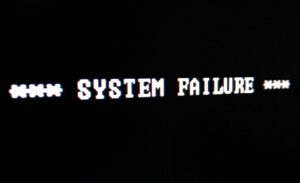

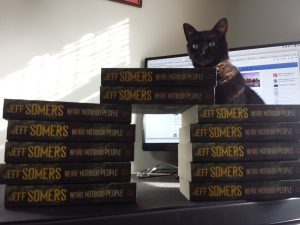
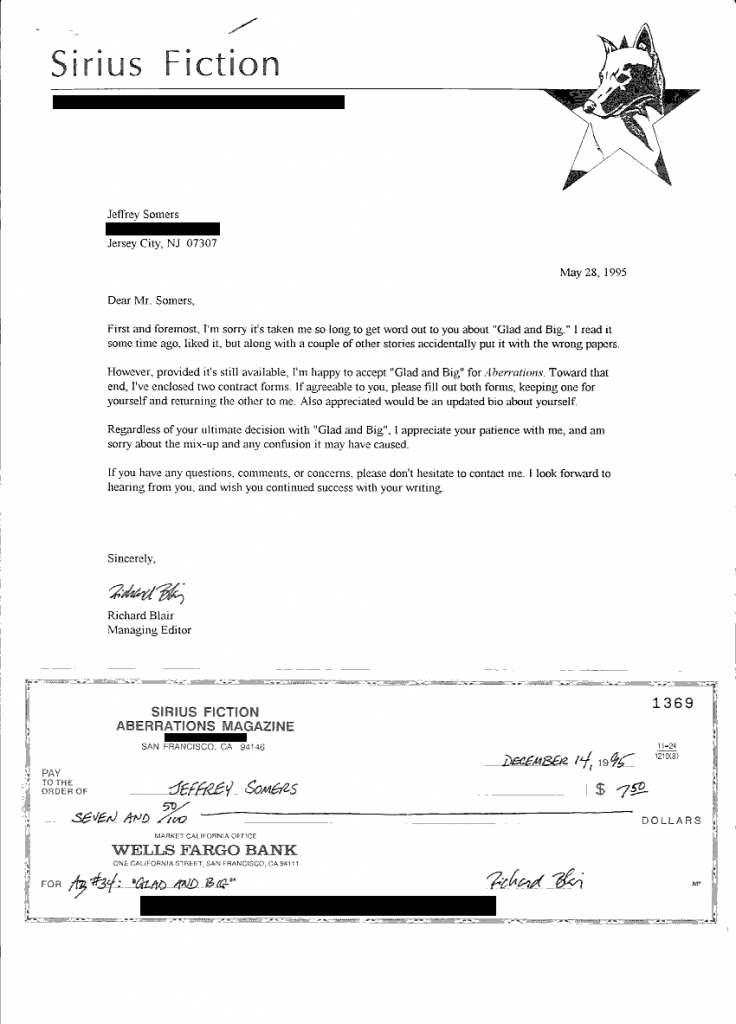


 Here we are at Friday again. This keeps happening. Luckily for you, I am a driven man who continuously puts out new writings just for your entertainment.
Here we are at Friday again. This keeps happening. Luckily for you, I am a driven man who continuously puts out new writings just for your entertainment.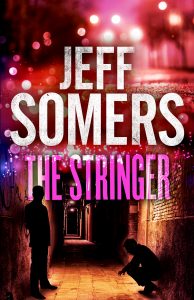 My novel
My novel 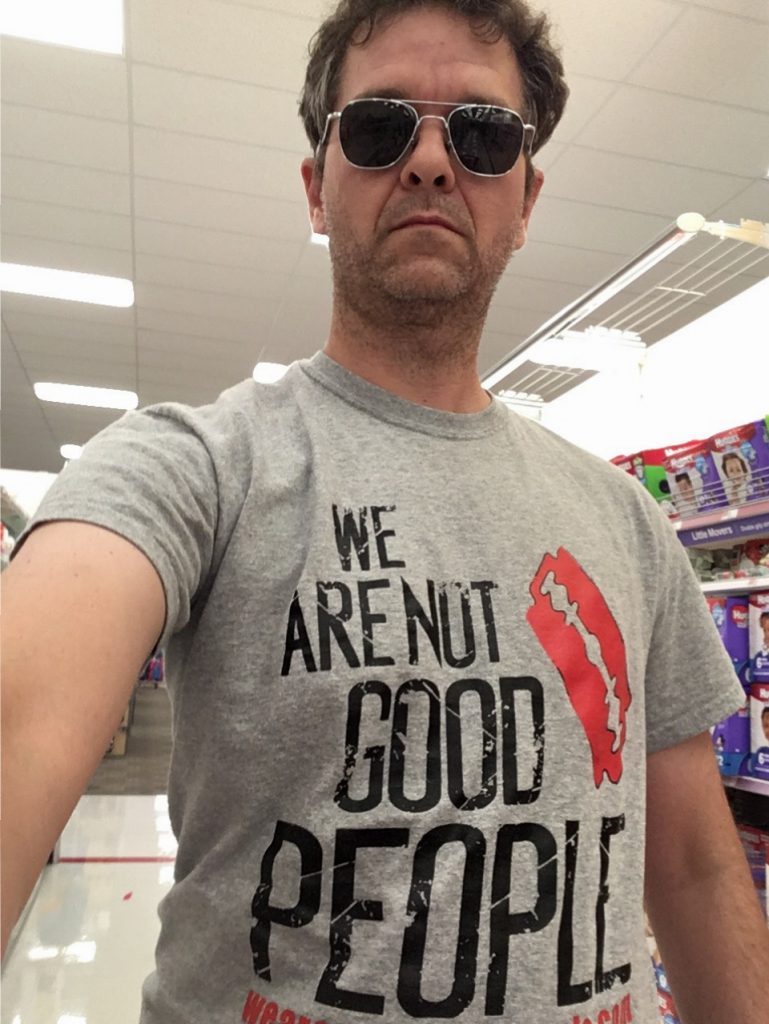
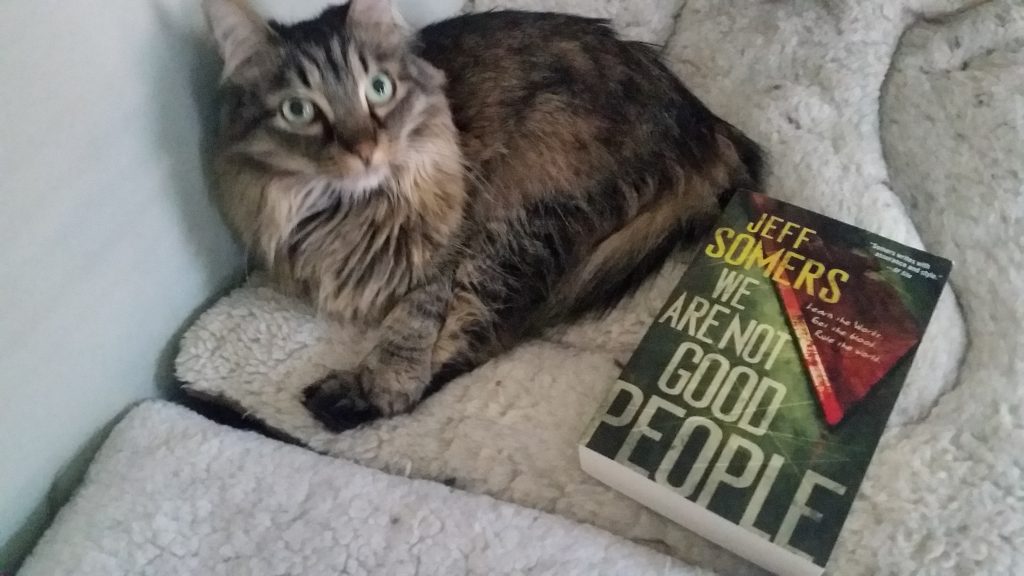
 In 2002, a year in which otherwise almost nothing I can remember happened, the New York Times reported that “a recent survey” confirmed the worst fears of many Americans:
In 2002, a year in which otherwise almost nothing I can remember happened, the New York Times reported that “a recent survey” confirmed the worst fears of many Americans: